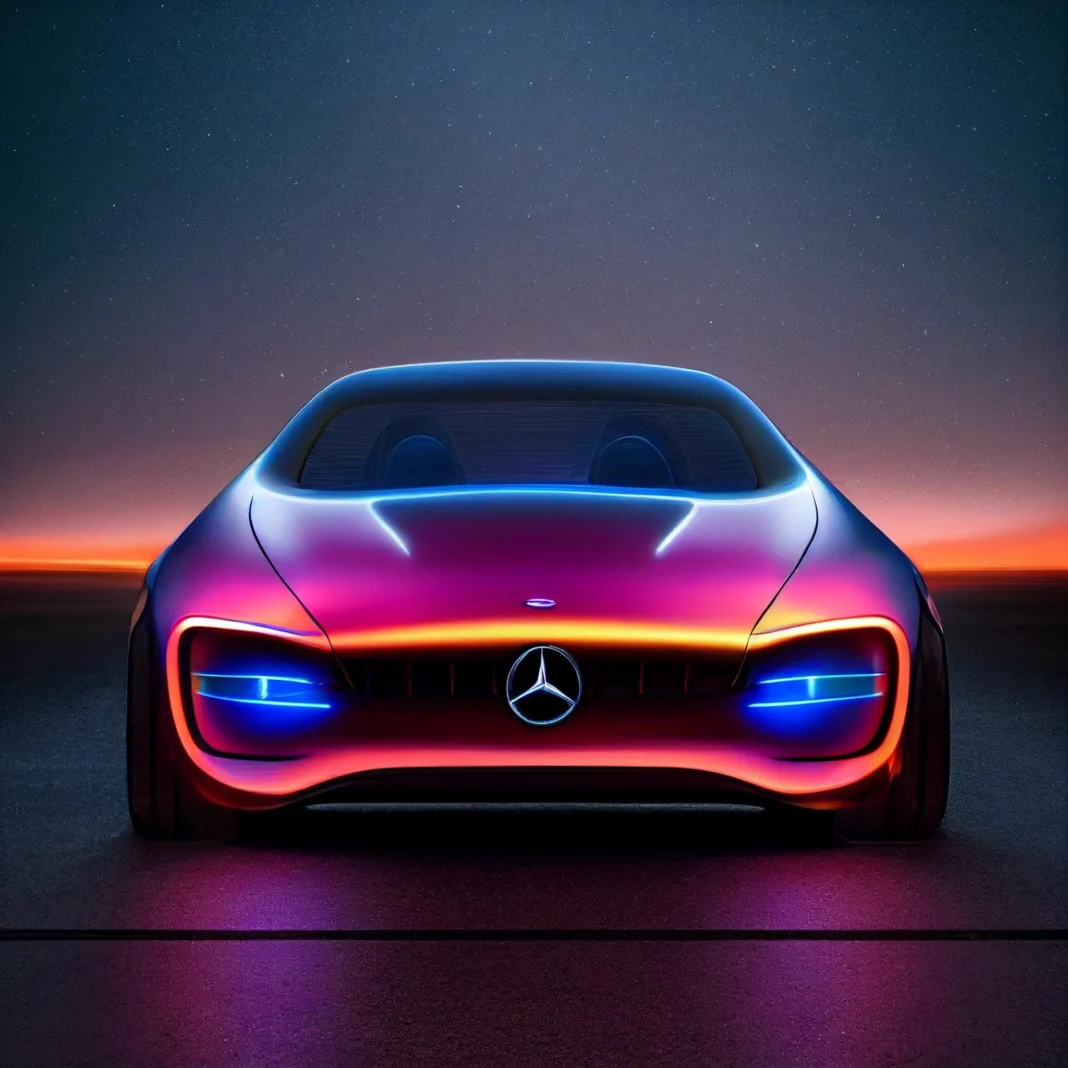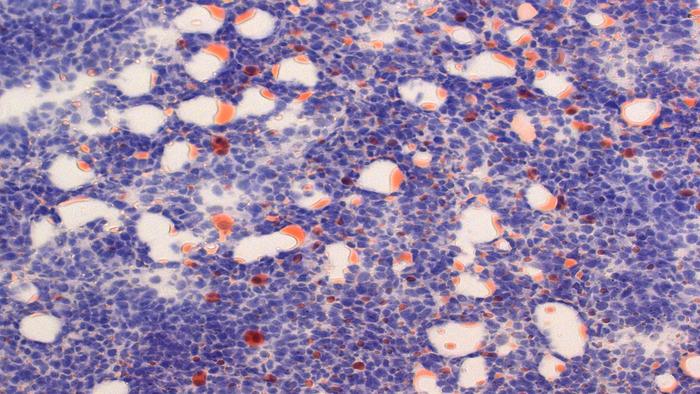Mercedes-Benz and Microsoft have teamed up to introduce a groundbreaking addition to Mercedes-Benz cars in the United States: ChatGPT, Microsoft’s advanced “generative artificial intelligence” software. By incorporating ChatGPT into Mercedes vehicles, the aim is to enhance voice-command capabilities and provide drivers with a more natural and engaging conversational experience.
Mercedes vehicles already feature voice-command capabilities, activated with the phrase “Hey, Mercedes,” followed by a short command. With the integration of ChatGPT, these voice commands become even more fluid and natural, allowing for a broader range of conversational interactions. ChatGPT’s contextual understanding empowers the system to engage in back-and-forth dialogues with drivers or vehicle occupants, making the driving experience more interactive and intuitive.
The inclusion of ChatGPT opens up new possibilities for Mercedes-Benz owners. While the current voice-command system handles basic tasks such as adjusting vehicle temperature or setting navigation destinations, ChatGPT extends these capabilities. It enables the system to respond to a wider range of requests, even those unrelated to the car or driver. Drivers can now inquire about quick recipes or seek advice on the best time to visit Colorado. Furthermore, ChatGPT seamlessly integrates with various applications, allowing users to make restaurant reservations or purchase movie tickets directly through the system.
Mercedes owners in the United States equipped with the MBUX “infotainment” system have the opportunity to participate in the ChatGPT beta testing program starting June 16. To join, users simply need to activate the system by saying, “Hey Mercedes, I want to join the beta program.” This exclusive testing phase allows users to experience the cutting-edge capabilities of ChatGPT firsthand and provide valuable feedback for further refinement.
Voice-command systems have evolved significantly over the past decade, with automakers like Mercedes at the forefront of innovation. These systems offer a safer alternative to physical controls, as drivers can operate them without diverting their attention from the road. Although research suggests that voice commands may still pose distractions, Mercedes aims to mitigate this by integrating ChatGPT, which minimizes cognitive load and streamlines the interaction process.
The collaboration between Mercedes-Benz and Microsoft introduces ChatGPT to revolutionize the driving experience in Mercedes vehicles. By incorporating this powerful generative AI software, drivers can enjoy a more natural and conversational interaction with their cars. The beta testing program invites Mercedes owners to be part of this groundbreaking development, shaping the future of voice-command technology in automotive innovation. Stay connected with Mercedes-Benz as they continue to pioneer advancements for safer and more engaging driving experiences.
- What AI is in cars?
Artificial Intelligence (AI) in cars refers to the integration of intelligent systems and algorithms that enable vehicles to perform advanced functions and make autonomous decisions. AI in cars encompasses various technologies such as computer vision, natural language processing, machine learning, and deep learning, which enable vehicles to perceive their surroundings, process information, and make intelligent decisions.
- How is AI used in cars today?
AI is extensively used in cars today to enhance safety, improve the driving experience, and enable autonomous capabilities. AI algorithms are employed in advanced driver assistance systems (ADAS) to detect and recognize objects on the road, assist in collision avoidance, and provide lane departure warnings. Additionally, AI is used in infotainment systems to enable voice recognition, natural language understanding, and intelligent personal assistants for hands-free control and convenience. AI also plays a crucial role in self-driving cars by analyzing sensor data, planning routes, and making real-time decisions based on road conditions.
- Is there AI in Tesla cars?
Yes, Tesla cars utilize AI extensively in their advanced Autopilot and Full Self-Driving (FSD) features. Tesla’s vehicles are equipped with a comprehensive suite of sensors, including cameras, radar, and ultrasonic sensors, which capture data from the vehicle’s surroundings. This data is then processed by AI algorithms to detect objects, interpret road conditions, and make decisions for automated driving tasks. Tesla’s AI systems continuously learn and improve over time through over-the-air software updates, making their cars capable of increasingly advanced autonomous functionalities.
- What percent of cars use AI?
The exact percentage of cars utilizing AI may vary, as the integration of AI technologies in vehicles is continually expanding. However, it is safe to say that AI is increasingly becoming a standard feature in modern vehicles. Numerous automobile manufacturers are incorporating AI-based systems, such as advanced driver assistance systems and voice recognition, into their vehicle models. With the rise of autonomous driving technology, the prevalence of AI in cars is expected to grow significantly in the coming years, driving the automotive industry toward a more AI-driven future.











